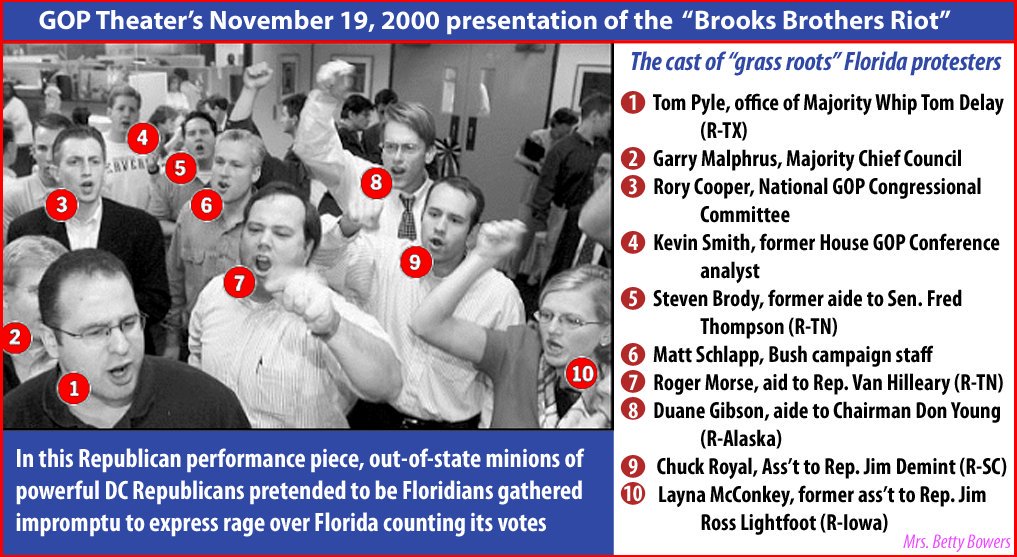SCOTUS ignores federal law to throw eligible voters off the rolls

This affects a small number of voters in a non-swing state, but as a harbinger of what’s to come it’s not good:
The Supreme Court decided Wednesday that at least 1,600 people—including some known to be U.S. citizens with every right to vote—can be removed from Virginia’s voter rolls before Election Day. The conservative supermajority’s order, issued on the shadow docket, essentially nullified a landmark federal law that bars last-minute voter purges. All three liberal justices dissented. Ominously, the court’s intervention signals to other states that they can commence purges at the eleventh hour, suppressing the vote through legal gamesmanship that Congress sought to ban.
Wednesday’s order is a major victory for Virginia Gov. Glenn Youngkin and Attorney General Jason Miyares, both Republicans, in their quest to expand states’ authority to cancel voter registrations just before voting begins. And it’s a clear violation of federal law. A federal statute, the National Voter Registration Act of 1993, outlawed any state “program” that “systematically” removes “ineligible voters from the official lists of eligible voters” starting 90 days before a federal election. Congress enacted the statute in recognition of the obvious fact that these purges often caught up eligible voters, as well, creating confusion and threatening civil rights. Nonetheless, Youngkin issued an executive order exactly 90 days before the Nov. 5 election mandating a daily set of voter purges.
If history has taught us anything, it’s that no man who wears a sweater vest can truly be a fascist.
I would like to believe that anything resembling Bush v. Gore Part II would not be met with the collective shrug of the shoulders that the previous judicial coup generated among the good and the great. (I believe that case remains an under-appreciated watershed in the story of how we got to where we are now).


